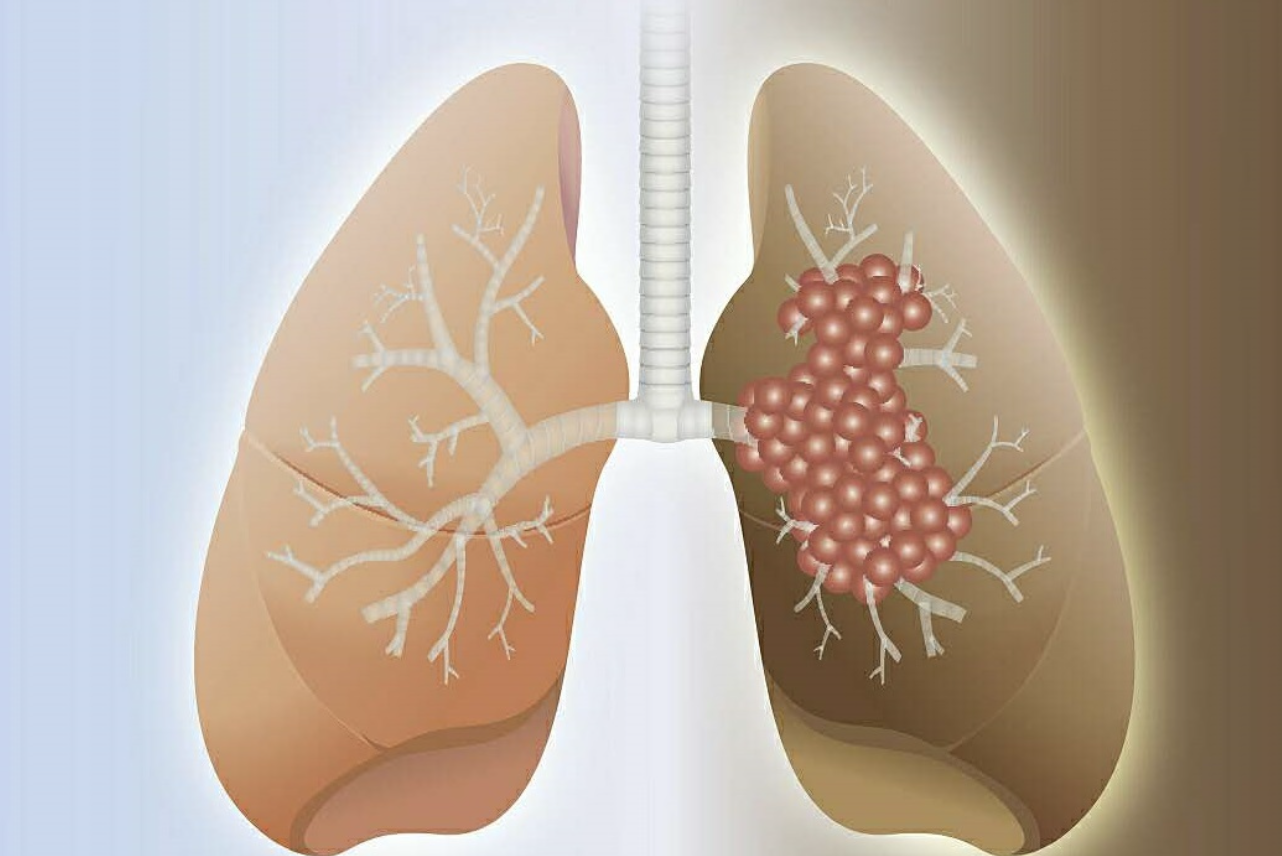Medical
Frequent CT After Lung Cancer Surgery For Fear Of Recurrence?
For many patients after early lung cancer surgery, it is common for them to worry about recurrence. For this reason, many patients tend to undergo CT examinations more closely to ensure that they have not had a recurrence. However, a recent new study conducted by researchers from Washington University School of Medicine in St. Louis found that even with more frequent CT reviews, post-operative outcomes for lung cancer did not improve...

For many post-operative patients with early stage lung cancer, the fear of recurrence is common. For this reason, many patients will tend to have more frequent CT exams to ensure that they have not had a recurrence. However, a new study conducted by researchers from Washington University School of Medicine in St. Louis found that even with more frequent CT reviews, post-operative outcomes for lung cancer did not improve...

Regular post-operative reviews are undoubtedly crucial for lung cancer patients.
Lung cancer, the second most common type of cancer in the United States, is also the leading cause of cancer deaths. In cases involving early-stage non-small cell lung cancer, up to half of patients will have a recurrence within the first two years after surgery.
For these reasons, guidelines from the National Comprehensive Cancer Network (NCCN) and other cancer professional organizations recommend that patients whose lung cancer has been surgically removed be reviewed with a CT scan every three to six months. However, a new study conducted by researchers at Washington University School of Medicine in St. Louis found no improvement in survival or post-operative recurrence rates for patients who followed a 3-6 month review protocol compared to those who were scanned every 6 months to 1 year.
"Our findings suggest that lung cancer treatment guidelines should consider less frequent CT reviews than currently recommended," said the study's senior author, Dr Varun Puri, a thoracic surgeon and professor of surgery. "Annual reviews would simplify guidelines and potentially lead to better, more achievable postoperative care for patients in the early stages."
The study was published in the Journal of the National Cancer Institute.

According to the American Cancer Society, non-small cell lung cancer accounts for 84% of all lung cancer cases and has an overall five-year survival rate of 25%.
The researchers focused on the first two years after surgery, as that is when the risk of lung cancer recurrence assumes a higher profile. At two to three years after surgery, cancer professional organisations usually recommend one scan per year until the patient dies.
"Too frequent scans can cause unnecessary anxiety and higher costs for patients," says Puri, who is also a research member at the University of Washington School of Medicine and the Siteman Cancer Centre at Barnes Jewish Hospital. "Undergoing a scan to monitor for recurrence is understandably anxiety-provoking for patients, especially since it can take several days to receive reported results. This phenomenon is sometimes referred to as 'anxiety disorder'. Clearly, it is important to minimise patients' anxiety without compromising their treatment outcome.
For the study, the researchers analysed de-identified medical records in a database maintained by the US Veterans Health Administration (the largest integrated healthcare delivery system in the US). The researchers examined information involving 6,171 patients with stage I non-small cell lung cancer, one group of whom received a CT scan every three to six months and another group every six to 12 months.
The results showed that more scans did not help patients improve their health status, did not affect recurrence rates, and did not affect overall survival. This was regardless of tumour size, tumour stage and type of surgery. About 65 per cent of patients in both groups survived for at least five years (the average age of patients was 67.5 years).

"We found that certain patients underwent more frequent CT scans, including patients who smoked and those who underwent certain types of surgery," said Dr. Brendan Heiden, a surgical resident and researcher at the University of Washington, who is the study's first author. "In contrast, we found that African-American patients received scans less frequently, a potential health disparity that warrants further study. We found that patient outcomes were usually the same regardless of the frequency of scans.

Heiden believes that these results may be more broadly applicable to the general population. However, more research is needed.
-
![]()
![]() MedicalDec 24, 2024
MedicalDec 24, 2024Intestinal flora can help the human body resist virus infection
-
![]()
![]() MedicalDec 23, 2024
MedicalDec 23, 2024New Treatment Effective In Up To 73% Of Multiple Myeloma Patients!
-
![]()
![]() MedicalDec 22, 2024
MedicalDec 22, 2024Why excimer laser can treat myopia
-
![]()
![]() MedicalDec 21, 2024
MedicalDec 21, 2024More Significant Survival Benefit For Non-Small Cell Lung Cancer Patients Under 55 Years Of Age, Also Using Immunotherapy!
-
![]()
![]() MedicalDec 20, 2024
MedicalDec 20, 2024New Study: Nmn Supplementation Activates Longevity Proteins To Reduce Stem Cell Senescence And Restore Mitochondrial Function




